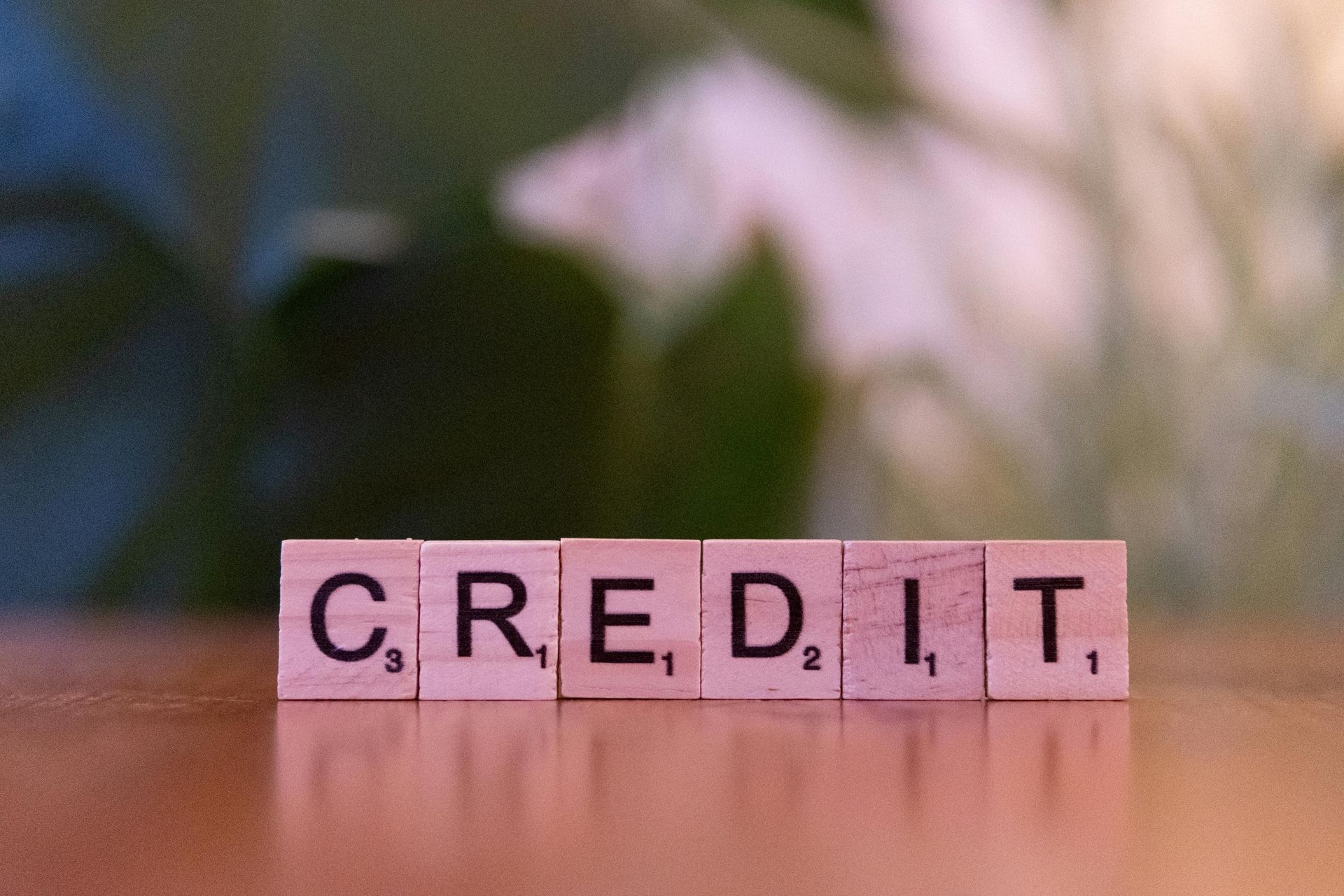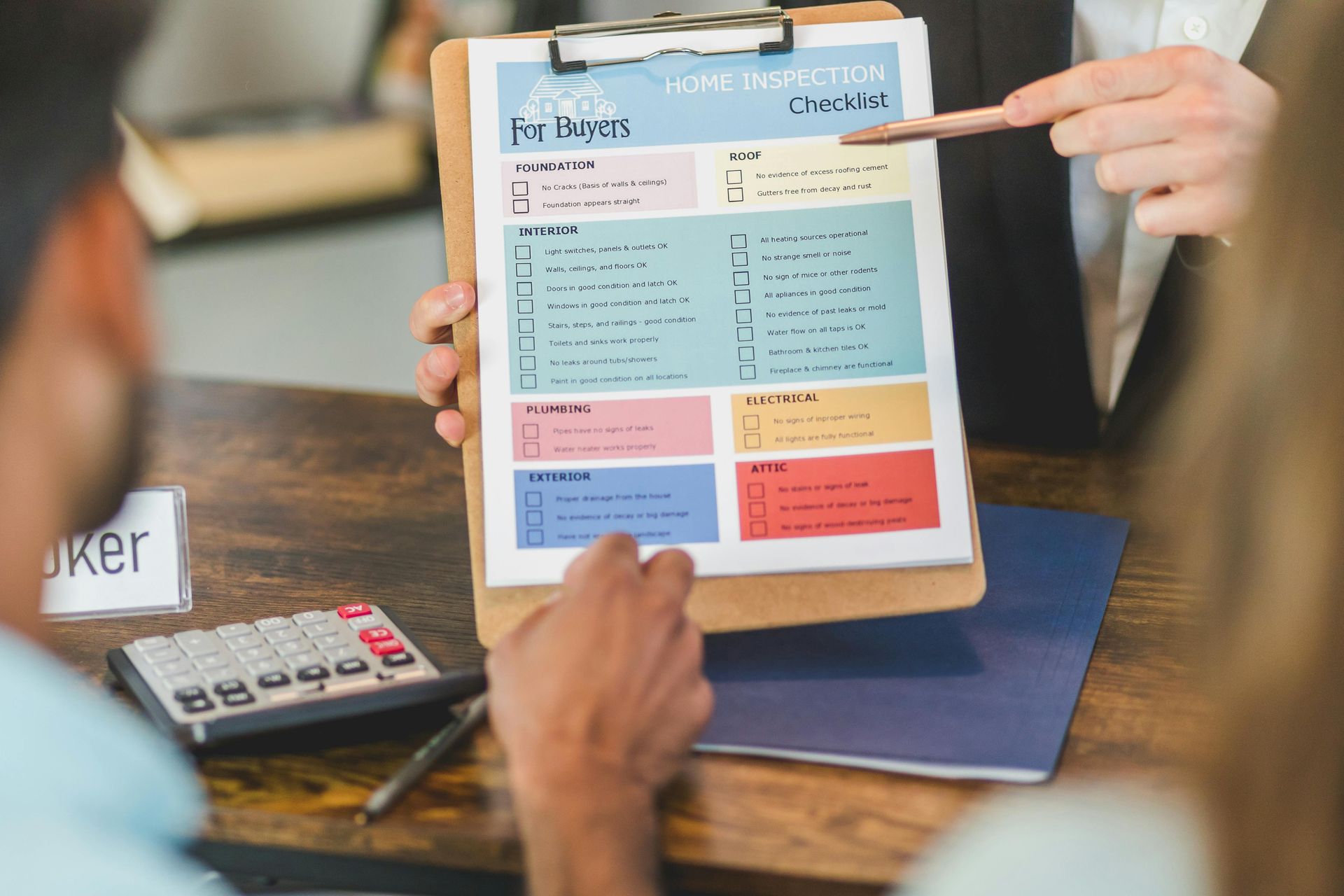Your Ultimate Guide to Understanding Florida’s Home Purchase Contract: What Every Buyer Must Know Before Signing
Buying a home in Florida is one of the most significant financial decisions you’ll ever make, and at the heart of this transaction lies a document that will shape your entire home buying experience: the purchase contract. While the excitement of finding your dream home can make you eager to sign on the dotted line, taking time to thoroughly understand this legally binding agreement is absolutely essential to protecting your interests and your investment.

Why Your Purchase Contract Deserves Your Full Attention
The Florida real estate purchase contract, officially known as the “FAR/BAR” contract (developed jointly by the Florida Association of Realtors and the Florida Bar), is a comprehensive document that outlines every detail of your home purchase. This isn’t just paperwork—it’s the blueprint for one of the largest transactions of your life. Every clause, date, and contingency can have significant financial implications, so understanding what you’re signing isn’t just smart—it’s absolutely necessary.
The Purchase Price and Payment Terms: More Than Just Numbers
At first glance, the purchase price section seems straightforward, but there’s more here than meets the eye. Beyond the agreed-upon price, this section details how you’ll structure your payment, including your initial deposit (earnest money), additional deposits, and the amount you’ll bring to closing. Your earnest money deposit—typically 1-3% of the purchase price in Florida—demonstrates your serious commitment to the purchase and will ultimately be applied toward your down payment or closing costs.
Understanding the timeline for these deposits is crucial. Missing a deposit deadline could give the seller grounds to cancel the contract, so mark these dates clearly on your calendar. Additionally, this section specifies where your earnest money will be held (usually in an escrow account) and under what circumstances it can be returned to you or forfeited to the seller.
Contingencies: Your Safety Net in the Home Buying Process
Contingencies are conditions that must be met for the sale to proceed, and they’re essentially your exit ramps if something goes wrong. The most critical contingencies protect both your financial investment and your peace of mind.
The Financing Contingency is perhaps your most important protection as a buyer. This clause states that your purchase is contingent upon obtaining mortgage financing. If you cannot secure a loan under the terms specified in the contract, you can walk away from the deal and receive your earnest money back. Pay close attention to the financing contingency deadline—you’ll typically have 30-45 days to secure loan approval, and missing this deadline could put your deposit at risk.
The Inspection Contingency gives you the right to have the property professionally inspected and to negotiate repairs or walk away if significant issues are discovered. Florida homes face unique challenges including termites, mold, sinkholes, and hurricane damage, making thorough inspections absolutely essential. This contingency typically includes a specific timeframe (often 10-15 days) to complete inspections and request repairs. After the inspection, you can negotiate with the seller to address issues, accept the property as-is, or cancel the contract.
The Appraisal Contingency protects you if the home appraises for less than the purchase price. Since lenders base their loan amount on the appraised value rather than the purchase price, a low appraisal could leave you scrambling to cover the difference in cash. This contingency allows you to renegotiate the price, increase your down payment, or walk away from the deal.
Critical Dates and Deadlines: Time Is Everything
Your purchase contract contains multiple deadlines, and missing even one can have serious consequences. The closing date is obviously important, but equally critical are deadlines for inspections, financing approval, title review, and homeowners association document review. Create a comprehensive timeline as soon as your contract is executed, and consider building in buffer time when possible. In Florida’s fast-moving real estate market, extensions may be difficult to negotiate if you miss a deadline.
Title and Property Condition: Understanding What You’re Really Buying
The contract specifies that the seller must provide clear, marketable title to the property, meaning ownership free from liens, disputes, or legal issues. You’ll have a specific period to review the title commitment and raise any objections. Don’t skip this step—title issues can delay your closing or, worse, affect your ownership rights down the road.
The property condition clause addresses what’s included in the sale. In Florida, this typically includes attached fixtures and built-in appliances, but portable items like the washer, dryer, or refrigerator may not be included unless specifically listed. If you’re expecting certain items to convey with the property, make sure they’re explicitly written into the contract.
Understanding Closing Costs and Who Pays What
Florida has specific customs regarding who traditionally pays certain closing costs, though everything is negotiable. The contract should clearly outline which party is responsible for various fees including title insurance, recording fees, survey costs, and property taxes. Understanding these costs upfront prevents surprises at closing and helps you budget appropriately. Your mortgage broker can provide a detailed estimate of your closing costs based on the terms of your contract.
The Importance of Loan Program Addendums
Here’s something many first-time buyers don’t realize: certain loan programs require specific addendums to be attached to your purchase contract. These addendums aren’t optional extras—they’re mandatory requirements that protect both you and your lender.
FHA and VA loans require specific addendums that address property condition requirements and the buyer’s ability to walk away if the property doesn’t meet program standards. For example, the FHA amendatory clause ensures that buyers aren’t obligated to complete the purchase if the property appraises for less than the sales price, and they aren’t required to pay the difference.
USDA loans require an addendum confirming the property is located in an eligible rural area and meets program guidelines. Conventional loans with less than 20% down may require addendums addressing private mortgage insurance and specific property standards.
Your mortgage broker will identify which addendums are required for your specific loan program and ensure they’re properly attached to your contract. Failing to include required addendums can delay your closing or even jeopardize your financing approval.
Taking Control of Your Home Buying Journey
The Florida real estate purchase contract might seem overwhelming, but remember—this document exists to protect everyone involved in the transaction. Don’t let anyone rush you through the review process. Take your time, ask questions, and never sign anything you don’t fully understand.
Work closely with your real estate agent, mortgage broker, and real estate attorney (if you choose to hire one) to ensure every aspect of the contract serves your best interests. Your mortgage broker, in particular, can help you understand how the contract terms align with your financing and can flag any potential issues that might affect your loan approval.
Remember, once you sign this contract, you’re legally bound to its terms. The few hours you invest in thoroughly reviewing and understanding each section could save you thousands of dollars and countless headaches down the road. This is your investment, your future home, and your financial security—you have every right to understand exactly what you’re agreeing to before putting pen to paper.
By approaching your purchase contract with knowledge and confidence, you’re not just buying a house—you’re making an empowered, informed decision that sets the foundation for your successful homeownership journey in the Sunshine State.
Start Your Mortgage Application with Treasure Coast Home Loans
Your Local Mortgage Broker
Mortgage Broker Port St. Lucie, Florida
Learn More About the Mortgage Process.
Check Out Our Google Verified Reviews










